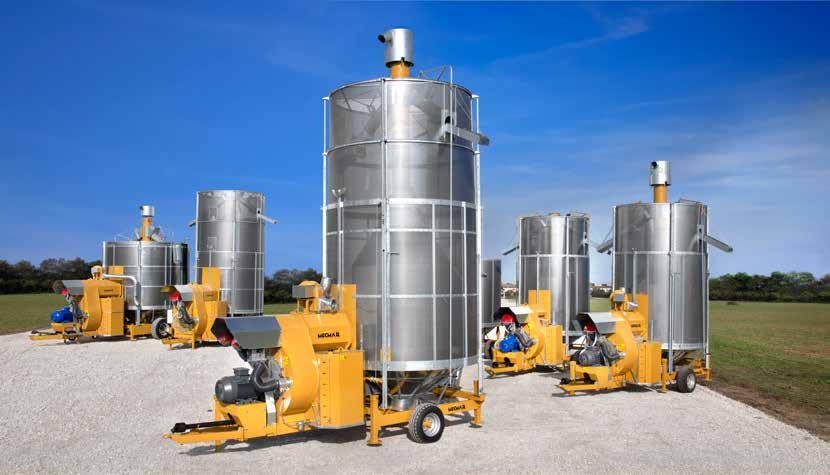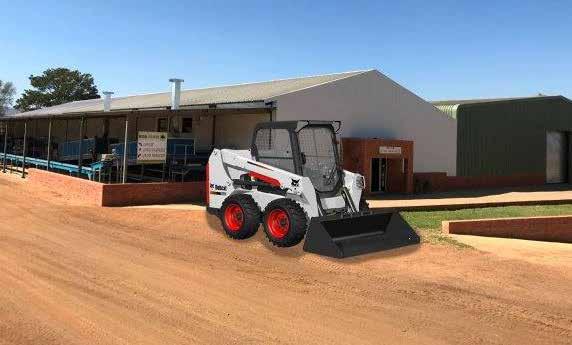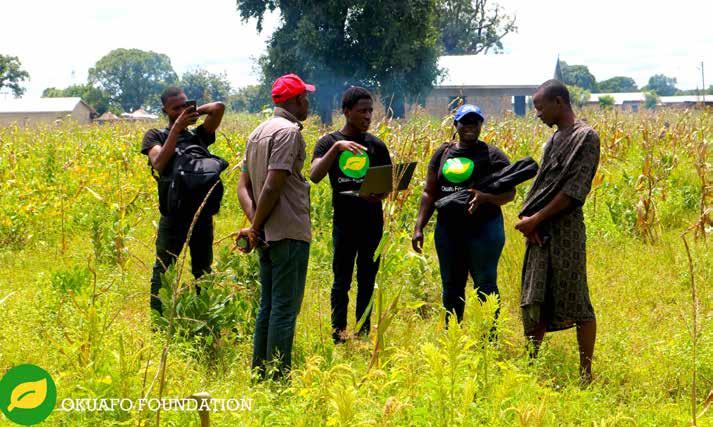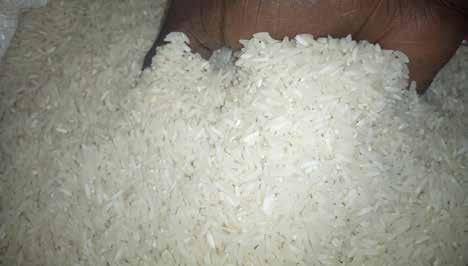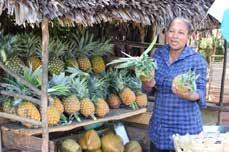NEWS
Canna-Q seeks international partnerships
C
anna-Q, a transformative Lesotho-based medicinal cannabis project is seeking strategic partners in Europe and the United States in the coming months.
Rawjee notes that while there has been significant interest in the project from both local and international partners, a lack of knowledge around the country and its frontier market status mean that many potential partners are still trying to understand the operating environment.
The $15m project will be seeking partners interested in offtake and distribution agreements as well as other strategic and funding partnerships. “Despite the disruption caused by the COVID-19 lockdowns, we have seen a significant amount of interest in this project,” says Canna-Q CEO Shabeer Moosa. The company recently hosted a webinar for investors, media and other project partners who are interested in entering one of the top frontier markets. “Ideally we would like to engage partners in developed markets who are interested in supply agreements from a GMP certified manufacturing facility,” says transaction advisor Zahra Rawjee from Uzenzele.
Lesotho – with its progressive regulatory environment - has positioned itself as a gateway to the African cannabis sector. The country enjoys a high-quality water supply, fertile soil and robust labour market – making it an ideal country to partner with for long-term medicinal cannabis supply. International investors have begun to recognize the potential in emerging markets with a number of US listed businesses making investments into Lesotho based cannabis projects.
“Research from Prohibition Partners estimates that the global cannabis industry will be worth over $103bn by 2024 and emerging markets are likely to be major contributors to the global supply chain but there is still limited knowledge around the projects and the licensing in countries like Lesotho – our on-the-ground experience in Lesotho and South Africa means that we can help guide partners as the market evolves,” says Rawjee. Moosa concludes: “Canna-Q is backed by an experienced project team that understands the local market and we believe we offer access to one of the most exciting frontier cannabis markets in the world.”
Kenya poultry farmers lobby group asks for a halt in imports due to oversupply
T
he Federation of Kenya Poultry Farmers, a farmer lobby group has asked the Department of Veterinary Services and Department of Livestock Production to temporarily suspend the importation of processed poultry products from all the East African Community countries following what they said was an oversupply of the same. Failure to do this, they said, would result in the local poultry farmer selling their processed meat at throwaway prices. In April, President Uhuru Kenyatta urged farmers to increase production so that Kenyans don’t get hungry during the Covid-19 pandemic. In a press statement issued by Kenya Poultry Breeders Association, in the same month, also urged poultry farmers to increase production, “we foresee a massive shortage of chicken and egg supply in the next coming months due to decline in day-old chicks placement over the past three weeks. Therefore, we are encouraging our farmers not to stop the chicken business. The government has laid down measures to ensure poultry farming will not be interrupted including feed supply and chicken distribution.”
6 | May - June 2020
Monica Wanjiru, the President of Federation of Poultry Farmers said Kenya has a surplus of 253 days in chicken inventory. This means that despite the COVID-19 pandemic, the projected supply of poultry products will be good to last at least until the second half of 2021. Infact, and conversely, Monica says, The COVID-19 crisis has severely aggravated the situation with the closure of hotels, restaurants, and other institutional buyers coupled with the restrictions in the movement of goods and people. As of May 20, the inventory for dressed chicken frozen inventory stood at 71.86m kilos, a data from the Kenya Poultry and Breeders Association (KPBA). This according to only cold storage facilities accredited by the association. According to the farmers’ lobby group, the cessation of imports will help preserve the remaining production potential for 2020. This will cushion the local industry, especially those at the breeder stage of the value chain, to be able to hold on until times are less volatile.












